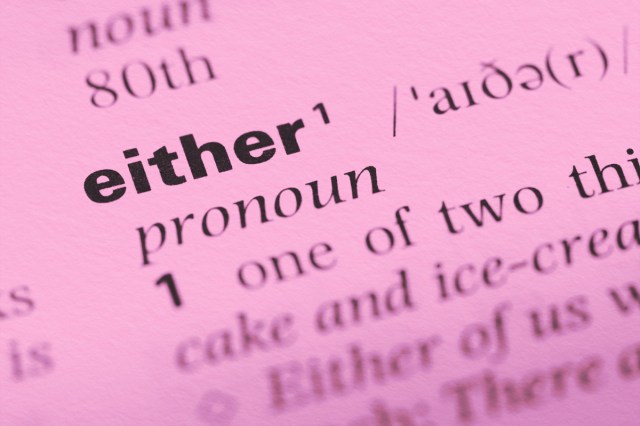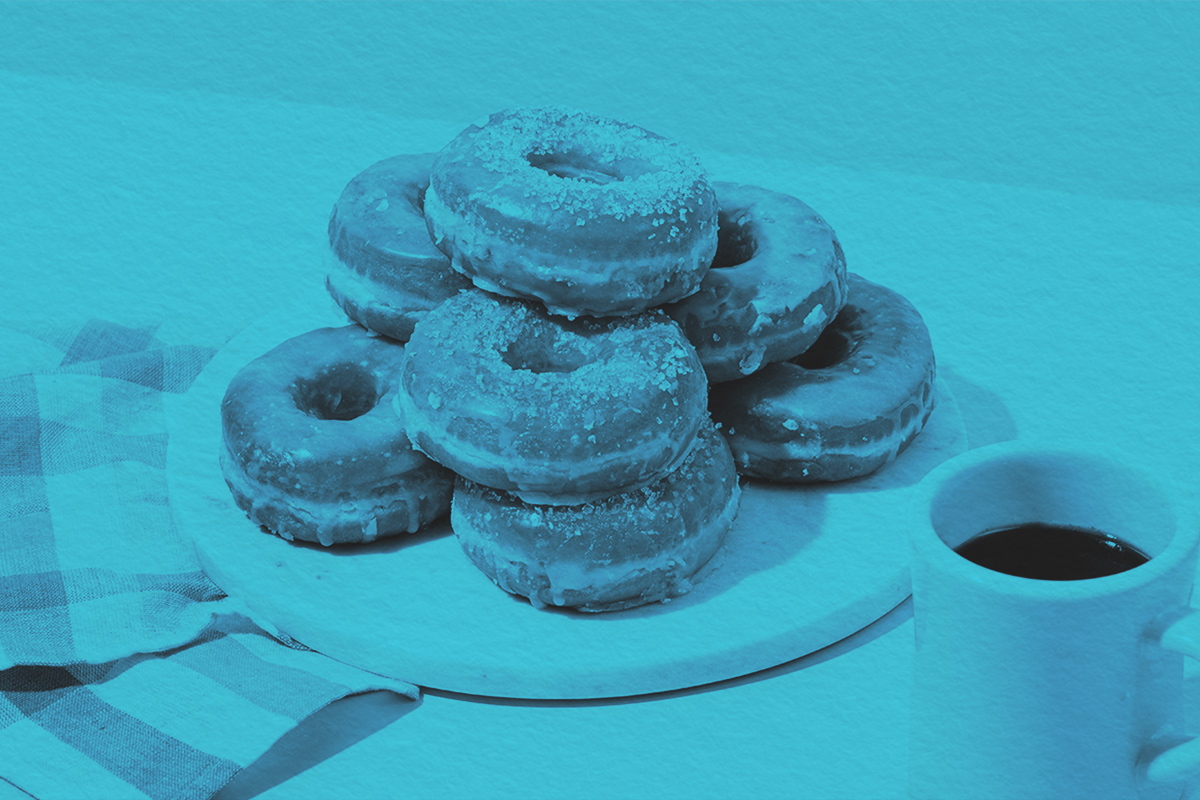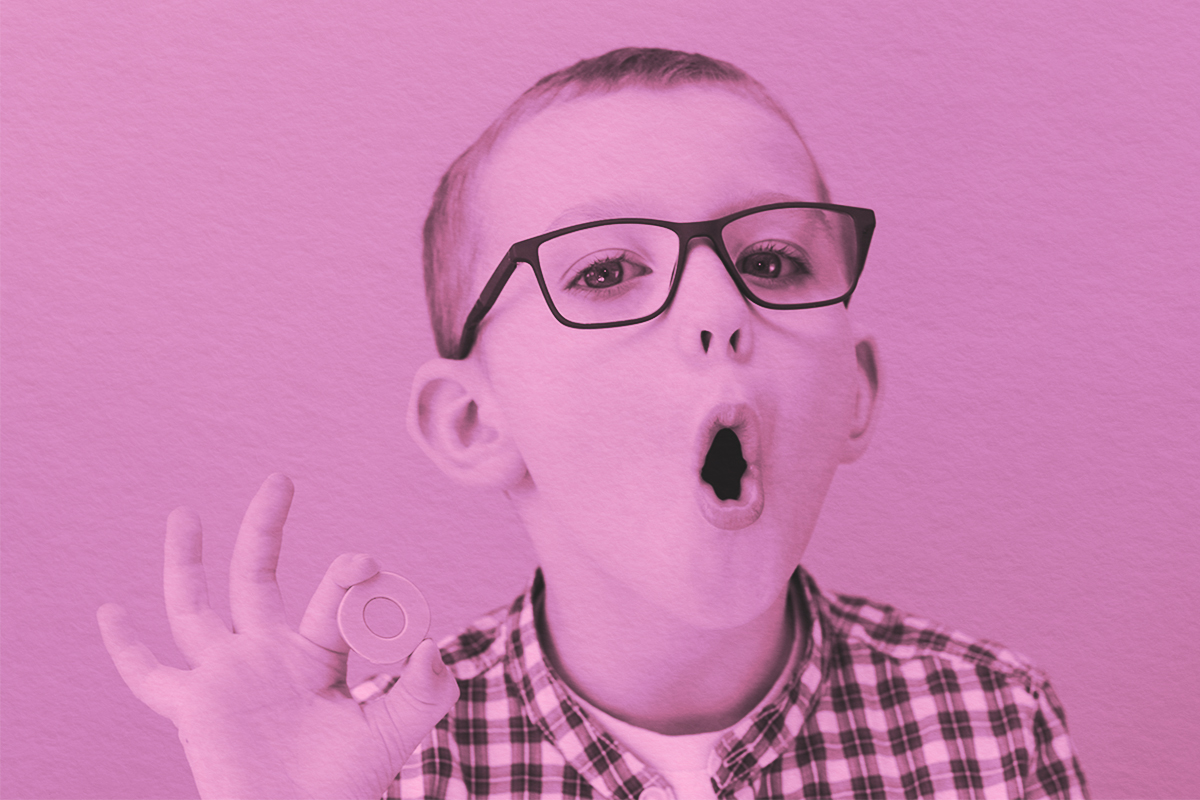
How do you pronounce the first vowel sound in “either”? It’s one of the most commonly used English words, yet its pronunciation isn’t settled, as is apparent in popular movies. In The Lion King, for instance, Rafiki tells Simba, “The past can hurt. But the way I see it, either [EYE-thur] you run from it or learn from it.” But in The Dark Knight, Harvey Dent notoriously claims, “You either [EE-thur] die a hero, or you live long enough to see yourself become the villain.” So, which Hollywood blockbuster got it wrong? Neither. (“NEE-thur” or “NYE-thur”?)
As it turns out, both pronunciations are perfectly acceptable. According to Merriam-Webster‘s pronunciation guide, this word can be pronounced /ˈē-t͟hər/ (“EE-thur”) or /ˈī-t͟hər/ (“EYE-thur”). Similarly, the Oxford English Dictionary pronunciation guide states that the word can be pronounced two ways: /ˈiːðə/ (“EE-thuh”) or /ˈʌɪðə/ (“EYE-thuh”). The ending syllables differ between dictionaries, based on American and British English vowels.
An English teacher and translator who hosts a YouTube show called “English with Max” addressed the issue in a recent episode. She explained that “EE-thur” is more popular among Americans, while “EYE-thuh” is slightly more common among the British. In her home country of Australia, both pronunciations seem to be used equally. This rule applies similarly to “neither“: Both versions, “NEE-thur” and “NYE-thur” are correct.
The vowel shift appears to have occurred naturally over centuries, but a closer look at the etymology of “either” reveals what could be the original pronunciation. The word stems from the Old English ægðer, a contraction of æghwæðer, meaning “each of two, both.” In Old English, the vowel æ was pronounced like the “a” in “bad,” the consonant “g” could be pronounced like “y” (Old English ġeard is “yard”), and the letter ð (known as “eth”) was pronounced like the “th” in “then.” Putting all of this together, the supposed Old English pronunciation sounds closer to the modern “EYE-thur.”

















